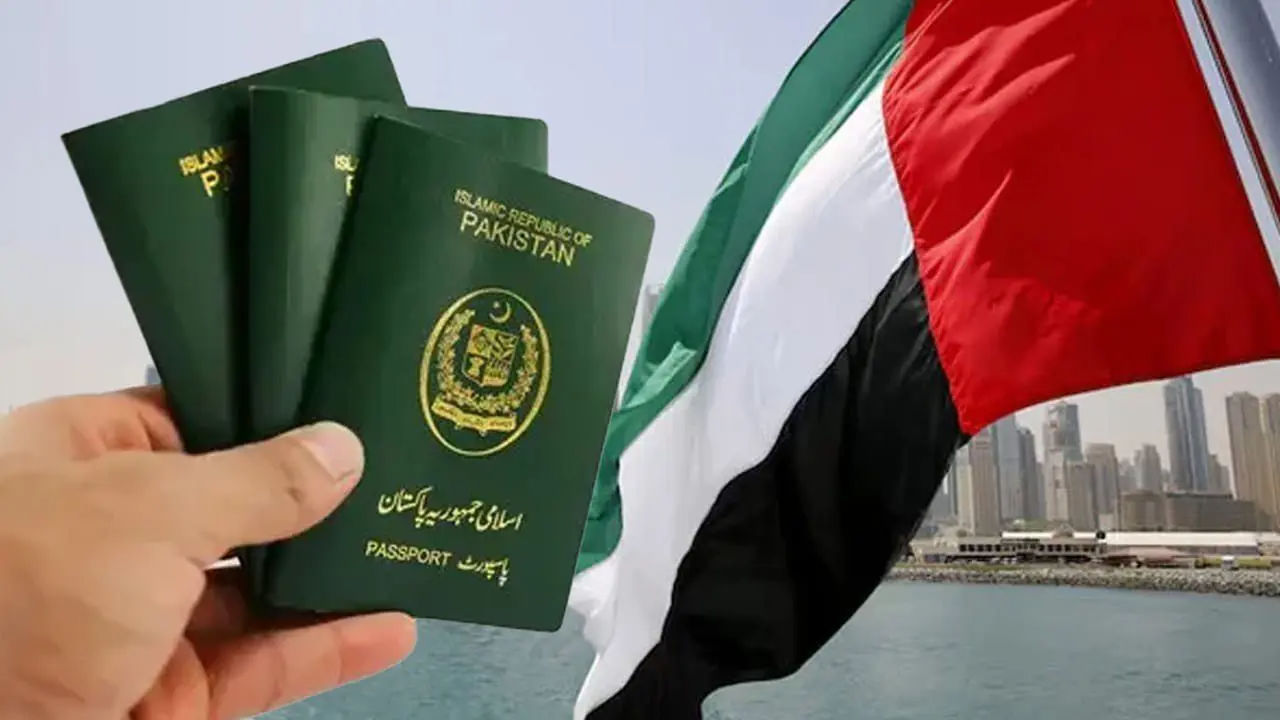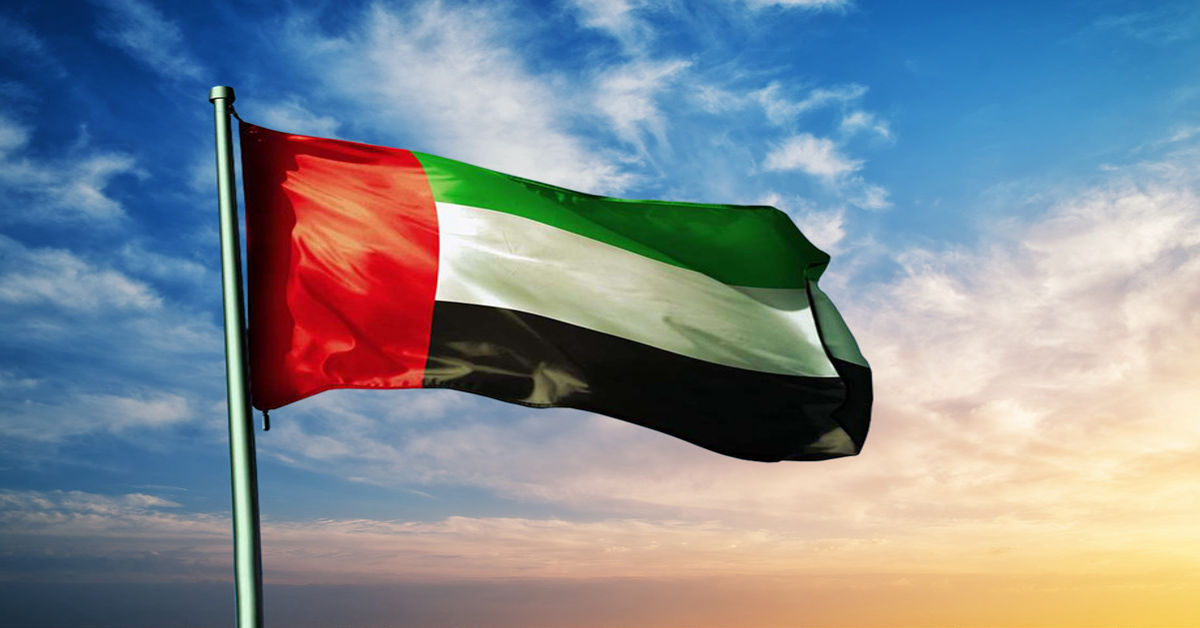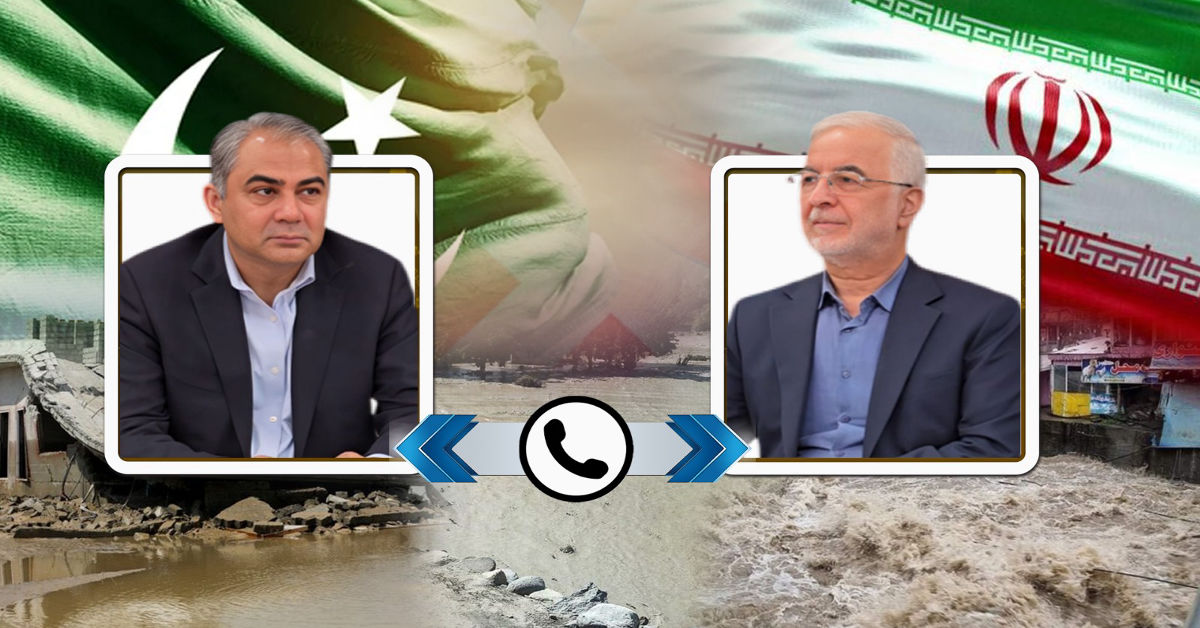
Moving to the United Arab Emirates for work is an exciting opportunity filled with promise. For the many Pakistanis living in UAE, understanding the local labor laws is crucial for a safe and successful experience. The Pakistan Consulate in Dubai recently launched an awareness campaign to empower Pakistani workers with knowledge about their rights and responsibilities. This guide breaks down everything you need to know, from your contract to your final gratuity, ensuring you can navigate your employment with confidence.
The Foundation: Your Official Work Permit
Before you even start your first day, your employer must secure an official work permit for you. This is non-negotiable. It is the employer’s legal duty to handle this process and cover all associated costs. Never begin a job without this permit in hand, as it is the legal foundation of your employment in the UAE. Working without one can led to serious legal issues for both you and your employer.
Understanding Your Employment Contract
Your employment contract is the most important document you will sign. In the UAE, contracts typically last for two years and must be signed by both you and your employer. It is vital for Pakistanis living in UAE to read this document carefully before signing. Many contracts include a probation period, which can last up to six months. During this time, different rules for giving notice may apply if either party decides to end the employment.
Working Hours and Overtime Explained
The UAE has clear regulations regarding work hours to protect employees from overwork. You cannot be asked to work more than eight hours a day or 48 hours a week. After five consecutive hours of work, you are entitled to a break. During the holy month of Ramadan, daily working hours are reduced to six. Any work done beyond the standard hours is considered overtime and must be compensated at a higher rate. Work performed during night shifts or on public holidays also comes with additional pay.
Your Right to Leave
All employees in the UAE are entitled to various types of leave. This includes paid annual leave, which you can take after completing a certain period with your employer. You are also entitled to sick leave if you are unwell. The law provides for maternity and paternity leave for new parents and compassionate leave in the event of a family emergency or bereavement. Understanding these entitlements helps you plan your personal time and manage life events without worrying about your job security.
Employer Obligations You Should Know
Employers have specific responsibilities towards their workers. They must provide health insurance, which is a legal requirement. For many blue-collar workers, employers are also obligated to provide accommodation and a return ticket to Pakistan upon completion of the contract. A critical point for Pakistanis living in UAE to remember is that it is illegal for an employer to hold your passport. Your passport is your personal property, and you should keep it with you.
End-of-Service Benefits (Gratuity)
After working for at least one full year, you become eligible for end-of-service benefits, commonly known as gratuity. This is a payment made by your employer when you leave the company. The amount you receive is calculated based on your years of service and your last basic salary. This is a token of appreciation for your service and a key financial component to plan for when your employment ends.
Resolving Disputes Fairly
What happens if you have a disagreement with your employer over wages, gratuity, or other contractual issues? The UAE has a structured system for dispute resolution. You have the right to file a complaint through a Tasheel Centre. Your case will first be reviewed by the Ministry of Human Resources and Emiratization. If a solution cannot be reached, the case can then be referred to the courts for a legal judgment. This system ensures your voice is heard and your rights are protected.
Conclusion: Work with Confidence
Being well-informed is your best tool for a positive and secure employment journey in the UAE. By understanding your rights regarding work permits, contracts, hours, and benefits, you can protect yourself from potential exploitation. This knowledge, supported by the efforts of the Pakistan Consulate, empowers Pakistanis living in UAE to work safely and confidently. Remember your responsibilities, but never hesitate to assert your rights under UAE law.
Frequently Asked Questions (FAQs)
Q1: Can my employer keep my passport?
A: No. It is illegal for an employer in the UAE to hold your passport against your will. Your passport is your personal document, and you should have possession of it.
Q2: Who is responsible for paying for my work permit and visa?
A: Your employer is solely responsible for all costs associated with your work permit and employment visa. You should not be asked to pay for these.
Q3: What is the standard working hours in the UAE?
A: Standard working hours are eight hours per day or 48 hours per week. During Ramadan, this is reduced to six hours per day.
Q4: Am I entitled to overtime pay?
A: Yes. Any work performed beyond the standard eight hours per day is considered overtime and must be paid at a higher rate. The standard overtime rate is your basic salary plus a 25% supplement, which increases to 50% for overtime worked between 10 PM and 4 AM.
Q5: When do I become eligible for gratuity?
A: You are entitled to end-of-service benefits (gratuity) after completing at least one full year of continuous service with your employer.
































































































































































